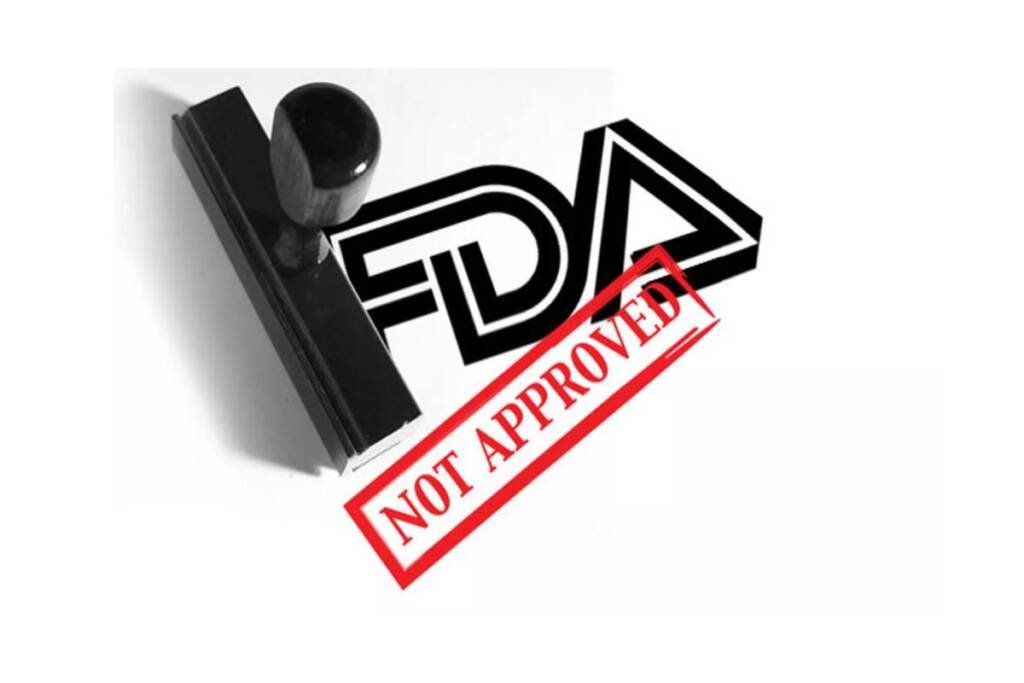Source – Eton Pharmaceuticals
Eton Pharmaceuticals’ dehydrated alcohol injection did not receive approval from the FDA and instead received a complete response letter (CRL), highlighting concerns that the company believes can be addressed.
The CRL mainly identified issues related to chemistry manufacturing and controls, as stated in a company announcement. Eton will now develop an action plan to resolve the FDA’s concerns.
“While we are disappointed with the FDA’s decision, our commercial business remains strong, and we are pleased that our momentum in product revenue growth has continued,” CEO Sean Brynjelsen said in the company’s statement.
Despite this setback, the company remains optimistic about its long-term growth prospects, particularly due to its recent acquisition of betaine anhydrous for oral solution, which has recently entered the market.
The dehydrated alcohol injection was intended to treat methanol poisoning, which experienced an increase in the US due to the high demand for hand sanitizers during the COVID-19 pandemic, leading to the distribution of contaminated products. Eton’s application for this injection, previously granted orphan drug designation, was accepted by the FDA in January, raising expectations of seven years of exclusivity.
In addition to betaine anhydrous for oral solution, which is used to treat the rare amino acid processing disorder homocystinuria, Eton also offers other products such as Alkindi Sprinkle (hydrocortisone oral granules) as a cortisol replacement therapy and a generic version of Carbaglu, a treatment for a rare ammonia-related disease.
This is not the first time Eton has received a complete response letter. In 2019, the company’s allergic conjunctivitis eye drop, licensed to Bausch Health after the submission for approval, faced a similar outcome. However, the eye drops were eventually approved in the following year under the name Alaway Preservative Free.
During the first quarter of this year, Eton recorded revenues of $5.3 million, achieving record sales and a 144% quarter-over-quarter growth.
In unrelated news, Ascendis Pharmaceuticals’ hormone replacement therapy also faced an FDA rejection due to manufacturing issues related to the company’s control strategy for ensuring consistent dosages. Similarly, Regeneron’s high-dose Eylea was unexpectedly rejected by the FDA due to problems with a third-party drug filler. Regeneron is committed to working with the FDA and the filler to resolve the issues. Additionally, the FDA recently issued a Form 483 against an Eli Lilly manufacturing site due to filling line problems.





























